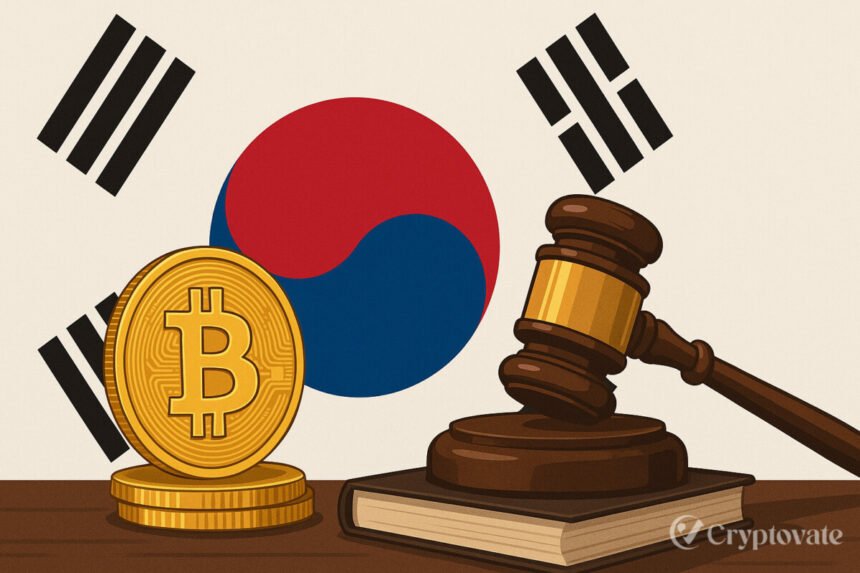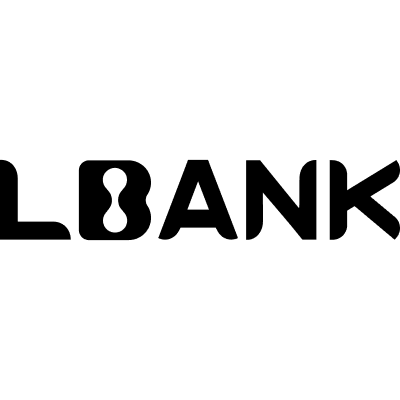– Ad –
| Getting your Trinity Audio player ready... |
South Korea crypto law landscape is undergoing a seismic shift, spurred by the recent passage of the U.S. GENIUS Act in July 2025. Under President Lee Jae Myung’s leadership, the nation is fast-tracking its Bitcoin legislation through the proposed Digital Asset Basic Act (DABA). This bold move aims to regulate cryptocurrencies, including Bitcoin and stablecoins, while strengthening oversight of crypto exchanges to maintain South Korea’s edge in the global digital economy. With the crypto regulation 2025 agenda gaining momentum worldwide, one question looms large: Will South Korea emerge as Asia’s leader in crypto policy?
What the New Crypto Legislation Proposes
The Digital Asset Basic Act is set to establish a robust legal framework for digital assets, prioritizing crypto investor protection and market transparency. A cornerstone of this South Korea crypto law is its focus on stablecoin regulation, enabling companies with at least 500 million won (~$368,000) in equity capital to issue won-backed stablecoins. These issuers need Financial Services Commission (FSC) approval and must hold adequate reserves to ensure refunds, promoting stability following the 2022 Terra crash.
Key provisions of the DABA include:
- Mandatory exchange audits to ensure compliance and prevent fraud.
- Reserve requirements for stablecoin issuers to protect users.
- Fraud prevention systems to curb market manipulation and unfair trading.
Additionally, Bitcoin legislation may delay the planned 20% capital gains tax on crypto profits, initially set for 2023 but now postponed to 2027 or 2028, to foster market growth. These measures align with global crypto regulation 2025 trends, aiming to balance innovation with financial security while addressing past market failures.
Why the U.S. GENIUS Act Was a Wake-Up Call
The U.S. GENIUS Act, signed into law in July 2025, marked a historic milestone as the first federal regulation for stablecoins in the United States. It introduced stringent requirements, including 1:1 backing of stablecoins with U.S. dollars or low-risk assets, anti-money laundering (AML) compliance, and federal licensing for issuers. South Korean lawmakers viewed this as a signal that major economies are embracing digital assets, prompting a swift response to avoid falling behind.
Also Read: US House Passes GENIUS, Clarity, and Anti-CBDC Acts: A New Era for Crypto Regulation
President Lee’s administration sees the U.S. GENIUS Act as validation of cryptocurrencies’ role in global finance. The South Korea crypto law push reflects this, with ambitions to legalize spot Bitcoin ETFs and allow pension funds to invest in digital assets. These steps aim to integrate South Korea Bitcoin markets into mainstream finance, fostering innovation while ensuring regulatory compliance to protect investors.
Final Thoughts: Can South Korea Lead the Next Crypto Wave?
South Korea’s crypto law overhaul signals a proactive approach to shaping a mature digital asset ecosystem. By prioritizing stablecoin regulation and crypto investor protection, the Digital Asset Basic Act aims to create a secure environment for growth. However, challenges remain, including opposition from the Bank of Korea, which has raised concerns about non-bank stablecoin issuance and centralized regulatory power.
Despite these hurdles, South Korea’s strong political will and growing public interest—over 25% of South Koreans aged 20–50 own crypto—position it as a potential leader in global crypto policy. As the nation refines its regulatory framework, it could set a benchmark for Asia and beyond, balancing innovation with robust oversight in the rapidly evolving world of digital finance.
Also Read: From Ban to Boom: South Korea’s 2025 Crypto ETF Roadmap Unveiled
FAQs
What is South Korea’s Digital Asset Basic Act?
The Digital Asset Basic Act (DABA) is a proposed South Korea crypto law aimed at regulating cryptocurrencies, stablecoins, and exchanges, focusing on investor protection and market transparency.
How does the U.S. GENIUS Act influence South Korea’s crypto policy?
The U.S. GENIUS Act, passed in July 2025, prompted South Korea to accelerate its Bitcoin legislation and stablecoin regulation to stay competitive in the global digital economy.
What are the key features of South Korea’s stablecoin regulation?
South Korea’s stablecoin rules mandate issuers to hold a minimum of 500 million won in equity, obtain FSC approval, and keep sufficient reserves to guarantee refunds.
When will South Korea’s crypto tax take effect?
The proposed 20% capital gains tax on crypto profits, initially planned for 2023, has been delayed to 2027 or 2028 to encourage market growth.

















